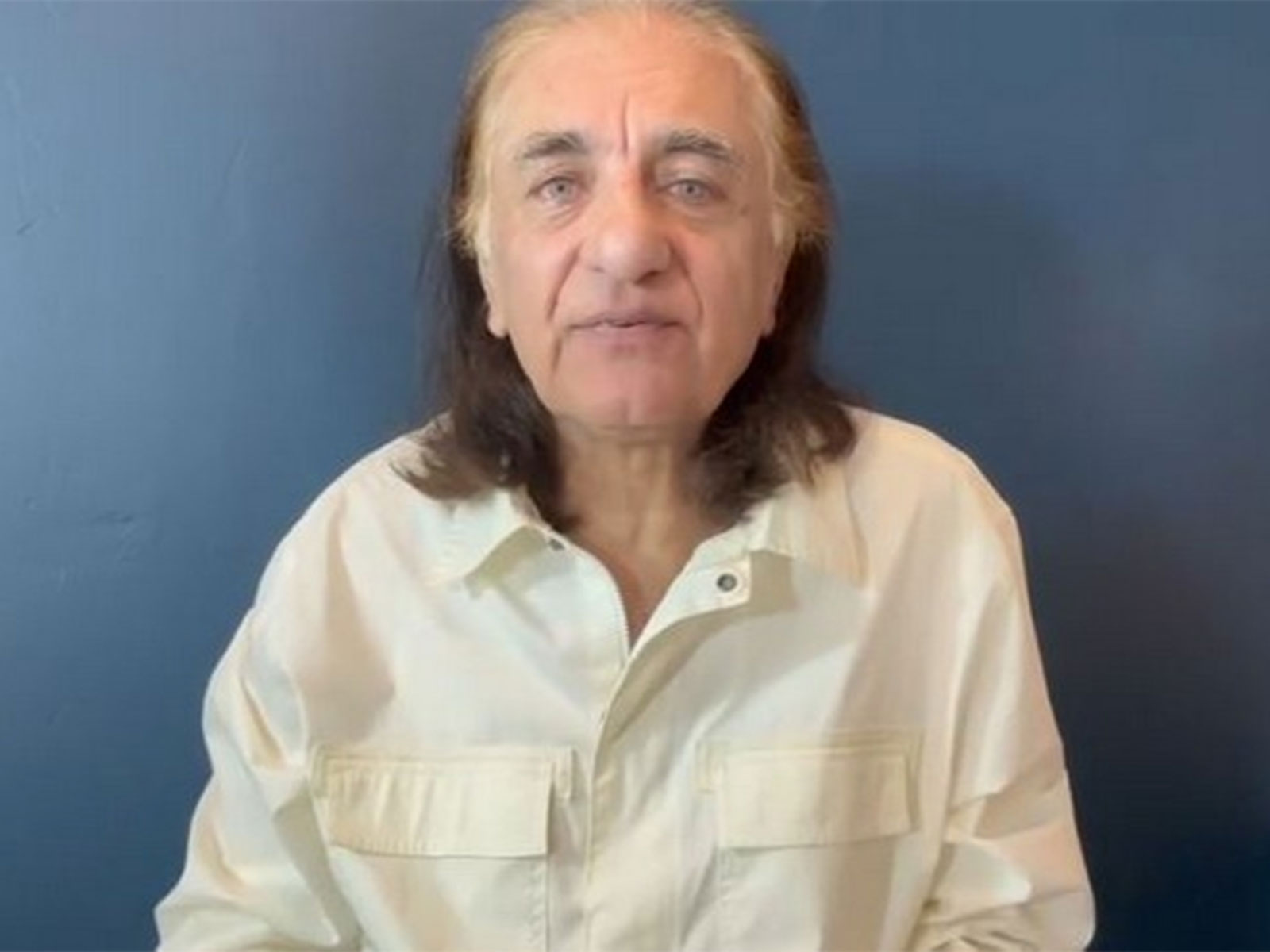Controversial CTD Deployment in PoGB Sparks Debate Over Hidden Motives
Political analyst Amjad Ayub Mirza criticizes Pakistan's extension of the Counter Terrorism Department to Gilgit-Baltistan, claiming it's aimed at curbing local dissent rather than combating terrorism. He associates the move with efforts to enforce the Mining and Mineral Bill, posing serious threats to regional resources and rights.

- Country:
- United Kingdom
Amjad Ayub Mirza, a noted political analyst and rights advocate, has launched a scathing attack on Pakistan's decision to expand the Counter Terrorism Department (CTD) into the disputed territory of Gilgit-Baltistan. Mirza contends that the measure, rather than addressing terrorism, seeks to stifle local opposition and facilitate the controversial Mining and Mineral Bill. This legislation has sparked alarm over potential exploitation of the region's resources by foreign companies.
Mirza emphasized that the CTD's real intent is to suppress any resistance to governmental resource policies. He supported his claims with remarks from PoGB Assembly member Akbar Rajai, who accused Pakistan of covertly selling Gilgit-Baltistan's resources to American interests through clandestine deals. Mirza sees this as part of a broader strategy to quash the region's voice.
According to Mirza, the directive originated from Prime Minister Shahbaz Sharif, who mandated the financially struggling PoGB administration to allocate Rs. 1.5 billion for the force. Plans include recruiting 613 CTD personnel and establishing headquarters in Gilgit with a regional office in Challas, near the Chinese-supported Diamar-Bhasha dam. Over Rs. 72 crores is projected for CTD facility construction. Mirza criticized this spending, highlighting that the region suffers from dire infrastructure, failing schools, insufficient healthcare, and rampant unemployment. He also linked the policy to Pakistan's suppression in regions like Balochistan and Khyber Pakhtunkhwa, calling for unity against what he described as colonial-style oppression.
(With inputs from agencies.)
ALSO READ
PCB has been sent an e-mail by ICC CEO Sanjog Gupta detailing Pakistan's violations including filming of restricted areas: Sources.
ICC mulling action against Pakistan for violation of multiple rules prior to their Asia Cup match against UAE: Tournament sources.
Escalating Conflict: Baloch Liberation Army Intensifies Assaults on Pakistani Forces
India Responds to Pakistan-Saudi Strategic Defence Pact
Historic Pact: Pakistan and Saudi Arabia Forge Strategic Defense Alliance










